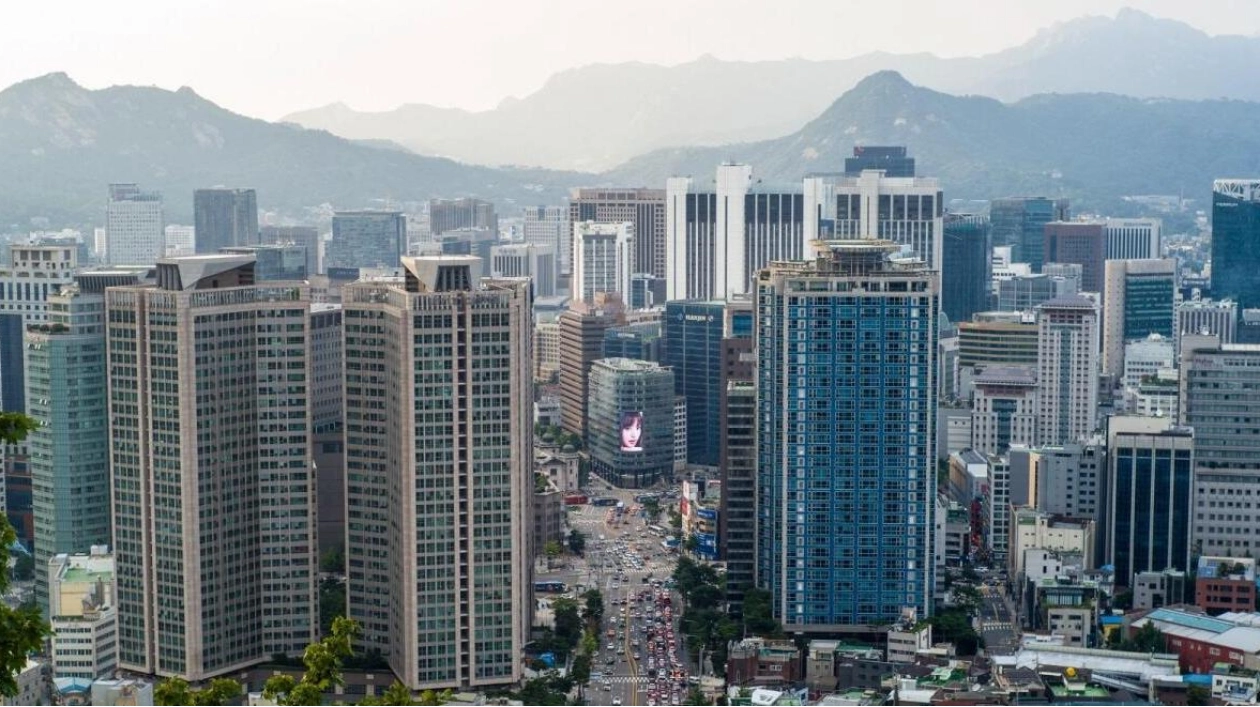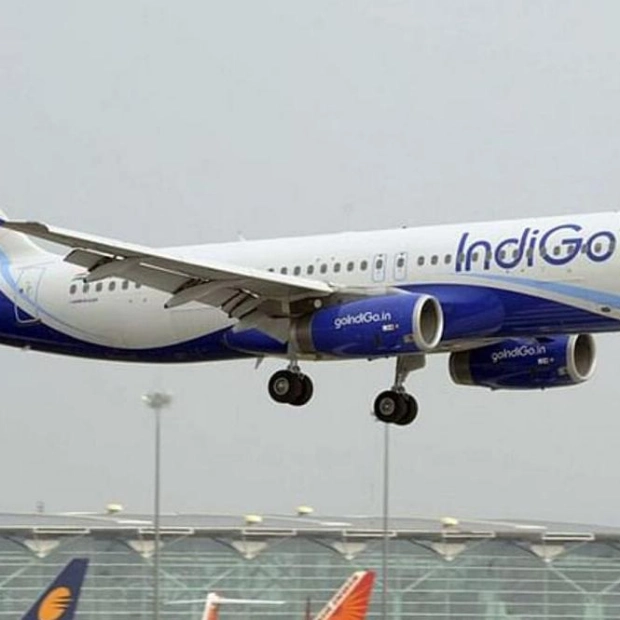South Korea saw the most significant improvement among the top 10 most innovative economies in the UN's yearly rankings released on Thursday, amid a pessimistic global outlook for innovation investment. While Switzerland, followed by Sweden and the United States, maintained their top three spots in the Global Innovation Index 2024, Singapore surpassed Britain to claim the fourth position. However, South Korea made the most substantial move within the GII's top 10, rising four places to sixth, overtaking Finland, the Netherlands, Germany, and Denmark.
Now in its 17th edition, the GII ranking of 133 countries is a key publication of the World Intellectual Property Organisation, the UN agency responsible for patents and innovation. "Looking at the global landscape in 2023, we find cloudy skies and gloomy weather," stated WIPO chief Daren Tang. He noted that after the boom years of 2020 to 2022, research and development expenditures decreased, the number of scientific publications dropped, and venture capital investments reverted to pre-pandemic levels. "However, technological progress remained robust in 2023, particularly in health-related areas like genome sequencing, as well as in computing power and electric batteries. Technology adoption also deepened, especially in 5G, robotics, and electric vehicles," Tang added.
In the face of tighter financial conditions, the GII's co-editor Sacha Wunsch-Vincent highlighted that the slowdown in innovation investment made "the outlook for 2024 and 2025 quite uncertain." This follows a prolonged period of almost an innovation golden age. The geopolitical environment certainly plays a role. The very high interest rates, which ended cheap money, are also part of the issue, he explained. "We are at a real crossroads in terms of the innovation investment scenarios."
Switzerland has ranked first in the GII for the 14th consecutive year. Among the 78 indicators used for the index, Singapore leads in 14—more than any other country, surpassing the United States—and is now fourth in the overall rankings. "However, even if Singapore moves closer to the top three, breaking into that group remains challenging," WIPO noted. Regarding South Korea's surge, Wunsch-Vincent mentioned that its companies had to rethink their strategy in the smartphone, IT, and semiconductor markets, with some "quite cutting-edge technologies emerging" from the country again. "It took two or so years for these companies to readjust and to come out stronger, which explains this rise in ranking," he told reporters. Tang added that South Korea benefited from innovation-oriented regulations and substantial private investment in research and development. Besides industry and technology, it is also a creative and cultural powerhouse, he said, citing K-pop and Korean dramas. "South Korea has been able to make that a very important part of their exports," Tang stated.
China, which overtook France in 11th place, remains the only middle-income economy in the GII top 30. The top three upper middle-income countries in the index were China, Malaysia (33rd), and Turkey (37th). The highest-ranked lower middle-income nations were India (39th), Vietnam (44th), and the Philippines (53rd). The front-runners in the low-income group were Rwanda (104th), Madagascar (110th), and Togo (117th).






